FLC740 omniflow
Levelling mortars
Applications
Suitable as project levelling mortar for all common floor coverings, such as ceramic and natural stone tiles, carpet, linoleum, PVC, rubber and parquet, etc. Due to the high strength of FLC740 omniflow, this levelling mortar is extremely suitable for levelling (heated) substrates such as concrete, cement-bound screeds and poured floors, existing tiling, natural stone, terrazzo and old substrates with firmly attached, waterproof adhesive residues. Can be walked on after approximately 2 hours. Depending on layer thickness and type of final finish, the final finish can be started after approx. 24 hours. FLC740 is a very well fluid mortar, which after curing produces an ultra-smooth result that is caster-resistant, in accordance with DIN EN 12529. The mortar can be pumped (please consult us about the type of pump). High-strength, low-stress layer. Do not use as a screed or wear layer.
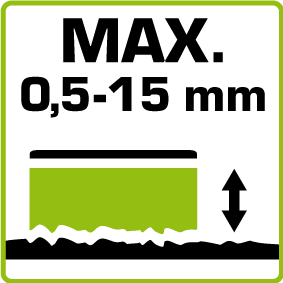
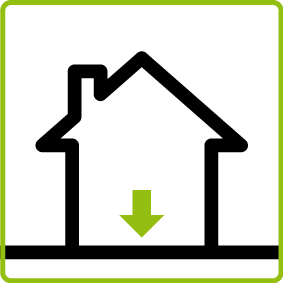
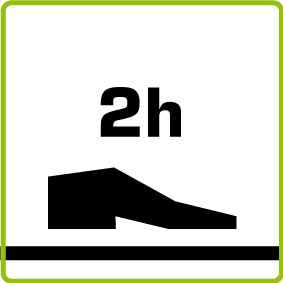

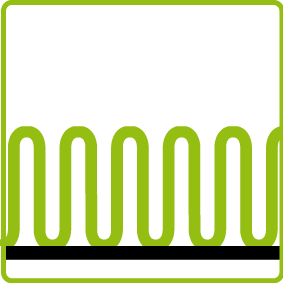
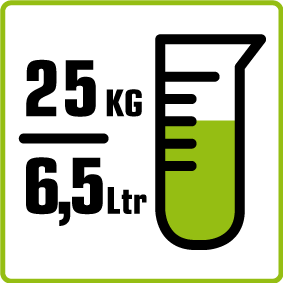
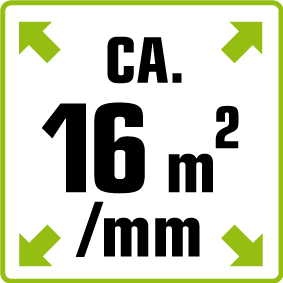
Getting started with FLC740 omniflow
Certificates and documents
Download the documents available from this specific product here.
Can't find the right certificate?
Contact usLet us help you out
Why is it important to prepare the surface?
- you can often finish it with a simple primer.
- OR you may have to further remove the surface, for example in the case of loose parts.
- OR you still have to pre-process by so-called dust-free “shot blasting”. This removes the top layer and any contamination from the surface and "roughens it", or increases the surface area for better adhesion. Excellent for all kinds of leveling compounds and screed floor mortars to adhere to.
What is the difference between a leveling and renovation mortar?
In many cases, a renovation mortar is a product with a comparable processing as a leveling mortar, but a renovation mortar can handle a greater layer thickness. And sometimes renovation mortars are provided with additional additives or auxiliary materials to make them more suitable for floors with different substrates or widely varying layer thicknesses in a floor field.
What temperature should the subfloor be during leveling?
During processing it is necessary to keep the temperature of the subfloor, space and material between 15 °C and 25 °C. In addition, the relative 65% of the lager must be before, during and a few days after maceration!









